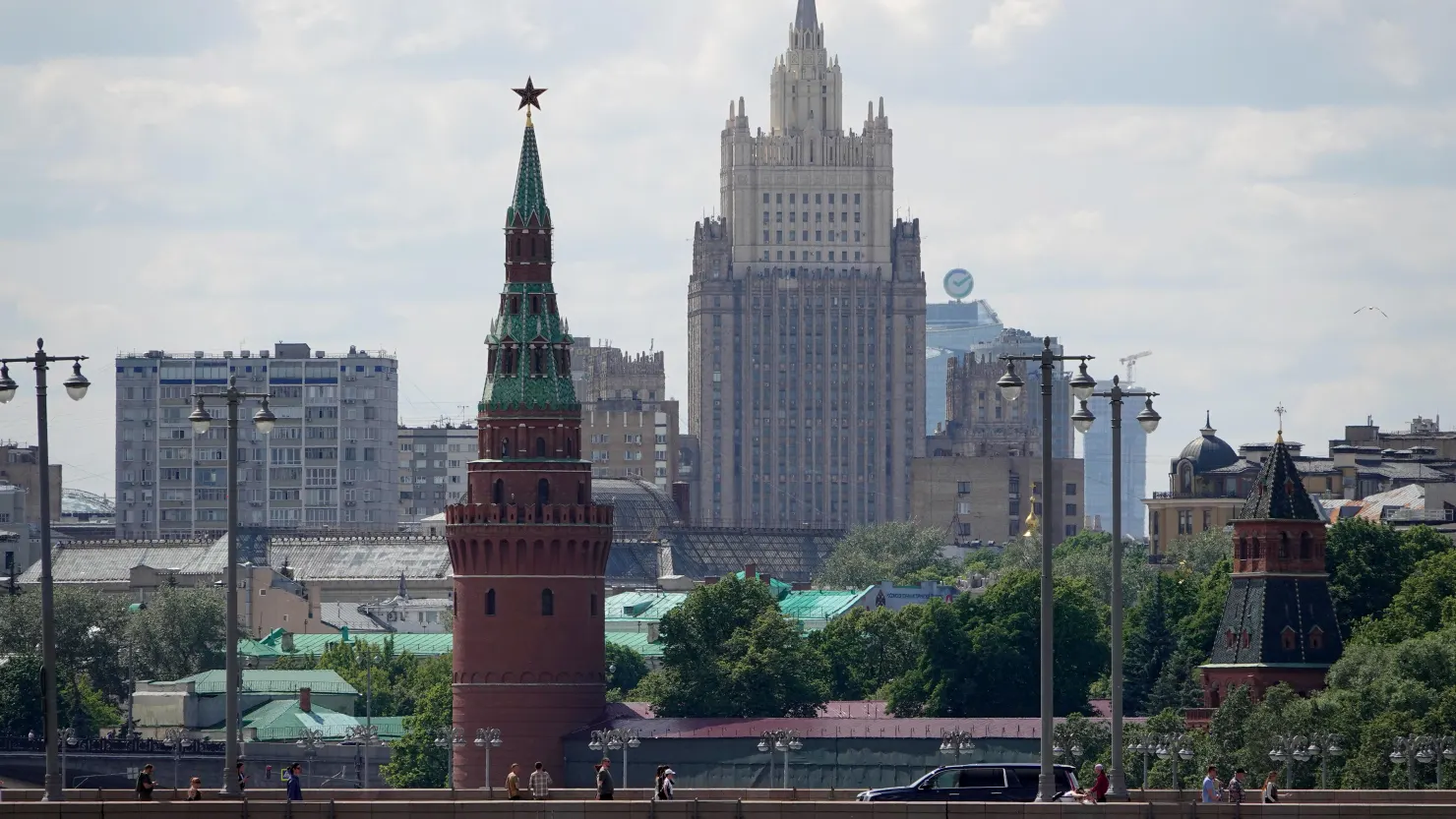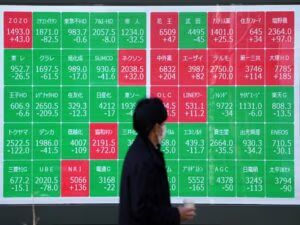On Friday, Russia’s central bank implemented a significant interest rate hike, increasing its key rate by 200 basis points to 21% to counter inflationary pressures that exceeded earlier projections. The latest hike follows a prior increase to 19% in September, with the central bank warning of continued high inflation risks in the months ahead.
The increase outpaced analyst expectations of a 100-basis-point hike and marks the highest rate level since February 2003. The rate had last approached similar highs in early 2022, when it was raised to 20% following Russia’s incursion into Ukraine, as policymakers sought to stabilize the domestic economy amid global sanctions.
In a press briefing, Central Bank Governor Elvira Nabiullina conveyed a hawkish outlook, suggesting that the bank considered an even larger increase above 21% and might implement further hikes in December. The bank reported that annual seasonally adjusted inflation rose to an average of 9.8% in September, up from 7.5% in August, with forecasts indicating inflation could remain between 8.0% and 8.5% by year-end — far above its previous target of 6.5–7.0%.
The bank attributed rising inflation risks to persistently high inflation expectations and an unbalanced growth path for the Russian economy, compounded by weakened foreign trade conditions. The forecast projects inflation levels tapering to 4.5–5.0% by 2025 and reaching 4.0% in 2026.
Russia’s economy faces additional pressures from Western sanctions and lower global oil prices, which have reduced the value of its oil exports. The ruble has also depreciated, with the U.S. dollar up 0.36% against the ruble as of Friday afternoon in London.
The ongoing rate hikes in Russia contrast with recent monetary easing measures by central banks in the U.S. and Europe, sparking concerns over the potential impact on Russia’s economic growth. The International Monetary Fund’s October World Economic Outlook forecasts that Russia’s inflation will average 7.9% in 2023, with GDP growth expected to slow from 3.6% this year to 1.3% by 2025, as private consumption and investment cool due to reduced labor market tightness and slower wage growth.





